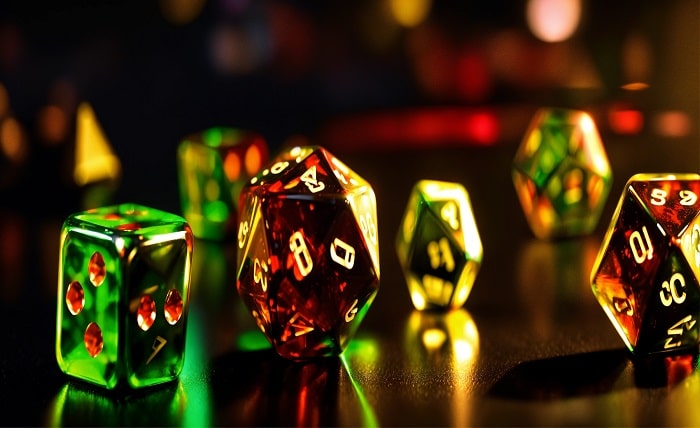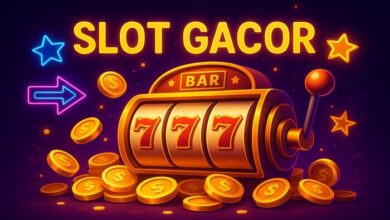From Dice to Data: How Probability Shapes Our World

Every day, we wrestle with chance—whether picking a stock or planning a trip. Games like poker, blackjack, and roulette, found on platforms like the best casino online, show how probability turns uncertainty into strategy. These games, grounded in math, echo the logic behind tech breakthroughs, financial moves, and even small daily choices. Understanding probability helps us see how chance shapes our lives.
This article traces probability’s journey from ancient games to modern applications, revealing its role in industries and personal decisions.
The Roots of Probability in Games
Probability started with games. Ancient Mesopotamians rolled dice around 3000 BCE, grappling with randomness. By the 1500s, mathematicians like Gerolamo Cardano studied dice throws, sparking probability theory. In blackjack, players gauge the odds of a winning card, while poker players guess opponents’ hands from a few clues.
These games sharpen the mind. A 2023 University of Oxford study found strategic gaming boosts pattern recognition by 11%. Playing on digital platforms hones these skills, preparing us for life’s unpredictable moments in a fun, low-pressure way.
Probability Powering Technology
Today, probability fuels tech innovation. Machine learning, from Spotify playlists to autonomous vehicles, uses probabilistic models to predict outcomes. Think of an AI suggesting a movie—it’s like a poker player reading the table, using data to guess what’s next. These models stem from the same logic as early games of chance.
In cybersecurity, probability spots risks. Algorithms flag unusual patterns, like sudden login spikes, to prevent breaches. A 2024 MIT report noted these models cut false alarms by 14%. Probability’s gaming roots now guard our digital world.
Guiding Financial Choices
Finance thrives on probability, much like a game of roulette. Stock traders use models to predict price swings, weighing risks against rewards. It’s not unlike betting on red or black, but with market data. Hedge funds rely on these calculations to stay ahead.
On a personal level, budgeting mirrors this. You might save extra for car repairs, guessing their likelihood. A 2022 study from the National Bureau of Economic Research showed probabilistic thinkers save 9% more yearly than those acting on hunches. Games make these concepts click, turning math into practical know-how.
Probability in Daily Decisions
Probability sneaks into everyday life. Choosing a bus route? You’re estimating traffic odds, like a blackjack player deciding to hit. Weather apps use probability to predict rain, nudging you to grab an umbrella. These models shape small but constant choices.
In healthcare, probability saves lives. Doctors assess cancer risks using stats on age or genetics, guiding screenings. A 2024 National Institutes of Health study said this approach boosted early detection by 19%. From ancient dice to medical breakthroughs, probability’s impact is everywhere.
Sharpening the Mind Through Games
Games don’t just teach probability—they build mental grit. Regular play hones decision-making in murky situations, a must for fields like tech or finance. A 2023 Stanford study found game players solve tricky problems 13% faster than non-players.
They also foster resilience. Poker teaches that even smart moves can lose to bad luck, but long-term strategy wins. Life’s like that—failed plans, like a risky startup, aren’t the end. Probability helps us focus on the bigger picture, learning from each roll of the dice.
Conclusion
Probability has grown from dice games to a force shaping our world. Platforms like the best casino online bring these ideas to life, offering more than thrills—they’re a crash course in handling chance. From coding algorithms to picking a commute, probability drives smarter choices. By tapping into its lessons, we turn life’s uncertainties into opportunities, navigating the odds with clarity and confidence.





